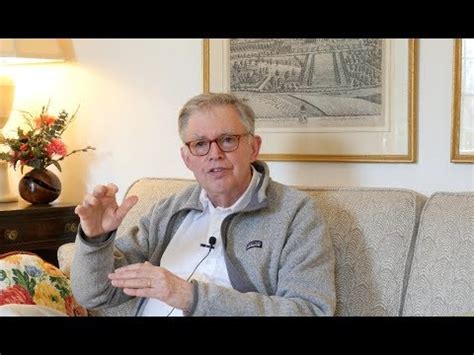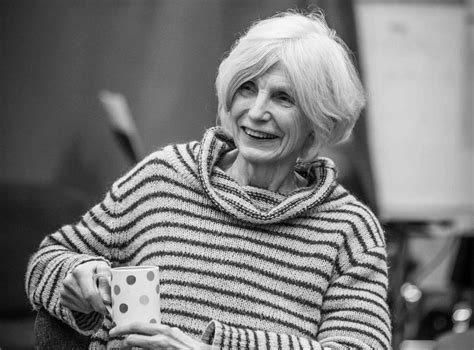A Quote by P. J. O'Rourke
We won't dispassionately investigate or rationally debate which drugs do what damage and whether or how much of that damage is the result of criminalization. We'd rather work ourselves into a screaming fit of puritanism and then go home and take a pill.
Related Quotes
I certainly believe we all suffer damage, one way or another. How could we not,except in a world of perfect parents, siblings, neighbours, companions? And then there is the question on which so much depends, of how we react to the damage: whether we admit it or repress it,and how this affects our dealings with others.Some admit the damage, and try to mitigate it;some spend their lives trying to help others who are damaged; and there are those whose main concern is to avoid further damage to themselves, at whatever cost. And those are the ones who are ruthless, and the ones to be careful of.
Sure, we have an obstacle, ISIS. They can do great damage. They can do great damage and they scare the living hell out of everybody with good reason. But they are, instead of dealing with nation-states that are arranged against us, we're to deal with non-state actors that can do damage to us. But this is within our control. We are beginning to make genuine progress as to how we isolate them, how we take them out. We're in a situation - I mean, I just could go on. But I am - the only generic criticism I had is we're not talking about the possibilities.
That's something I have to work on: to separate what really matters, to conserve energy by not worrying about what other people think. When I walk through that door, it's about home. If I didn't do that, I'd become consumed by one thing only and damage the people who love me. And it would damage the work.
Whenever we make changes in our surroundings, we can too easily shortchange ourselves, by cutting ourselves off from some of the sights and sounds, the shapes or textures, or other information from a place that have helped mold our understanding and are now necessary for us to thrive. Overdevelopment and urban sprawl can damage our own lives as much as they damage our cities and countryside.
But you can’t get to any of these truths by sitting in a field smiling beatifically, avoiding your anger and damage and grief. Your anger and damage and grief are the way to the truth. We don’t have much truth to express unless we have gone into those rooms and closets and woods and abysses that we were told not go in to. When we have gone in and looked around for a long while, just breathing and finally taking it in – then we will be able to speak in our own voice and to stay in the present moment. And that moment is home.
There's nothing personal in it [THE SKRIKER]. I'm not ever inclined with any of the plays to say, This is about that, because plays are about the whole event that they are. . . . I was certainly wanting to write a play about damage - damage to nature and damage to people, both of which there's plenty of about. To that extent, I was writing a play about England now.


































